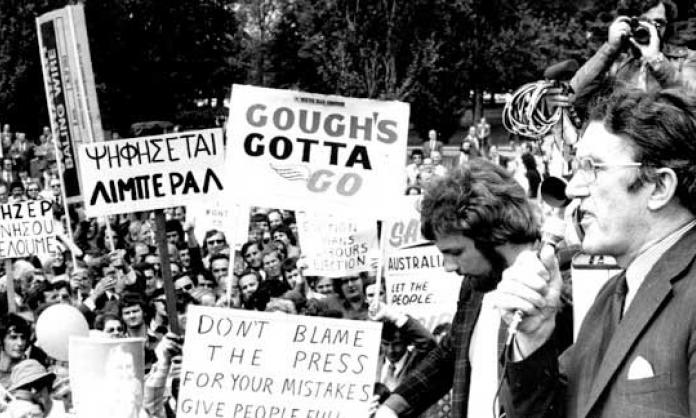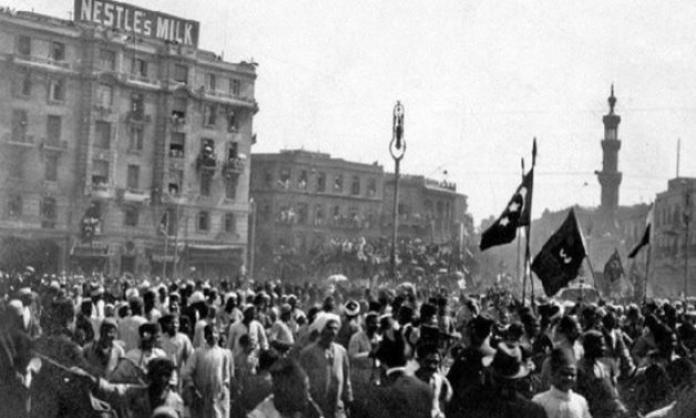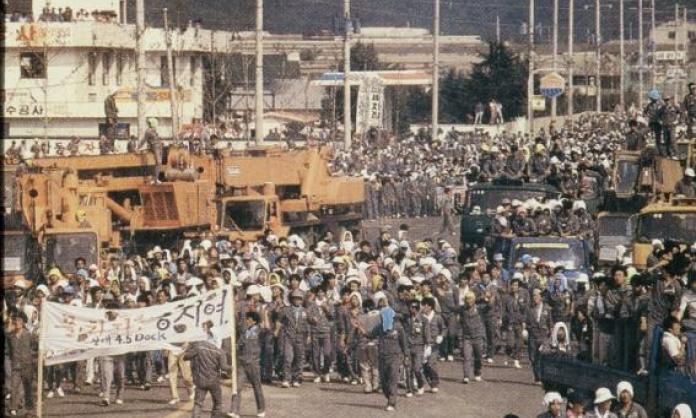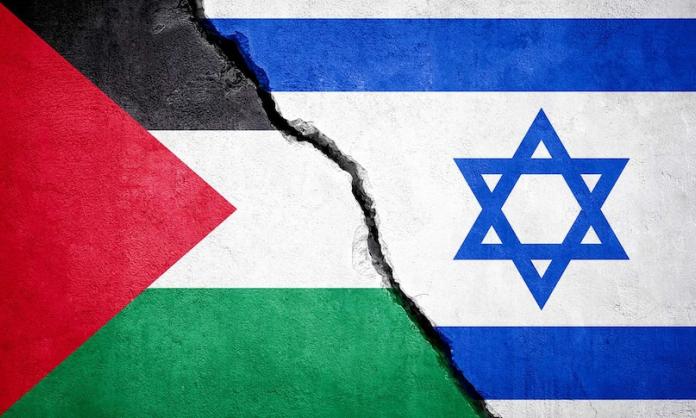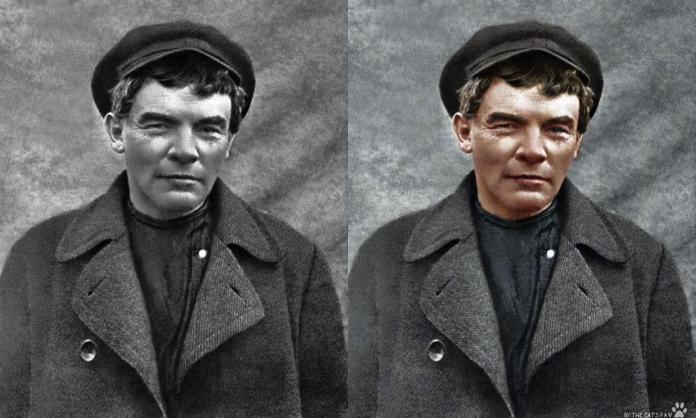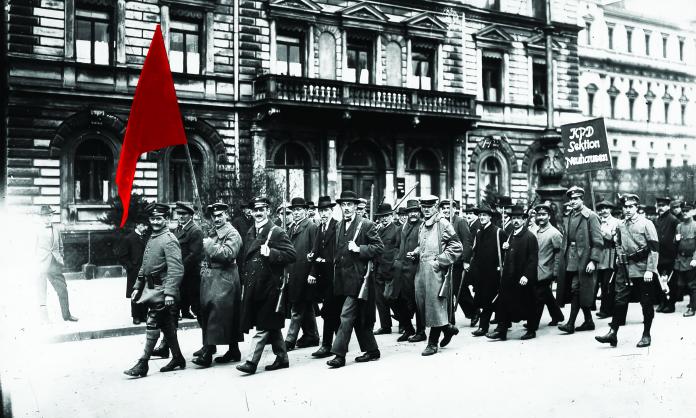It’s one of the great frauds of our time. Malcolm Fraser, wrecker of Medibank and enemy of trade unions, turned into a cuddly stuffed toy. Mourners spoke glowingly of how he had “embraced the left”.
Ever the chameleon. Intellectually, Fraser was a traditional conservative, who defended standard institutions; an admirer of Keynesianism who discovered in 1976-78 that Keynesian economics had broken down by the time he was ready to grab power. This led to monetarism, which led to economic rationalism – and from there it was just a linguistic jump to the neoliberalism we know so well.
Fraser wasn’t theoretically committed to any of them. He just wanted to be prime minister. In old age he returned to something like Keynesianism, because it fitted the sensibilities of the green and leftish Labor voters who gave him an audience.
For decades this fakery was about winning and holding power. More recently, no doubt, it was about the view of posterity.
Is this all too harsh? Didn’t the man stand for the rights of refugees, along with land rights for Aborigines and the whole social revolution of multiculturalism?
The recent stands on refugees were real enough, but they cost the retired grazier little. The test for a politician is what he does in power. Fraser’s approach to refugees from Vietnam in the ’70s fitted neatly into anti-communist efforts to increase the right wing mood in society – right alongside his boycott of the Moscow Olympics.
I spent some of the Fraser government years scratching anti-refugee stickers off lamp posts. The Nazis who put them up could relax knowing the government wasn’t campaigning against them. And the stand on refugees is the best part of Fraser.
Aborigines discovered that the seeming land rights champion used his credibility to sell them out. Facing pleas to boycott the 1982 Commonwealth Games due to the level of racism in Queensland, African states declined because they were impressed by Fraser’s rhetoric on tour in Africa.
Nationally, Fraser intervened to block alliances, forcing the cancellation of a national campaign linking Aboriginal and anti-uranium activists. Aboriginal leader Galarrwuy Yunupingu described what he and his comrades faced from the Fraser government: ”They threatened us. It was long, tough and hard.”
Multiculturalism, closely associated with Fraser, was another deception. It brought genuine benefits for migrants, and we have been right to defend it against right wingers like John Howard.
But as Dr Robert Tierney argues, at bottom it was a strategy to contain an industrial-social rebellion that was emerging among immigrants in the factories and the inner suburbs. The strategy involved infusing each ethnic group with a monolithic identity, which in turn would take a lead from selected leaders, media and such.
It was better than traditional assimilation policies, but still designed to prop up the status quo. The relative quiescence of middle class Muslim leaders in the face of recent provocations owes something to Malcolm Fraser.
And now for the bad news. As minister for the army, he bore major responsibility for the Vietnam War. This included introducing conscription, and presiding over atrocities – at arm’s length, of course. Peter Barham, a former SAS sergeant, has confirmed these happened – including water boarding.
But Fraser’s biggest outrages occurred in the ’70s. We will never forget the dismissal, echoing as it does other political crimes such as governor Philip Game’s sacking of NSW premier Jack Lang. After Fraser took power, Liberal election ads displayed a visceral conservative arrogance toward Labor in office: “Three years of so-called working man’s politicians groping around trying to handle something they were never capable of doing: run the country.”
The subversion of democracy went deeper than it seemed. In normal times, the capitalist ruling class is divided on most issues. Only in crises does it mobilise in a bloc. So it was in 1975. It was Fraser’s tireless campaigning that mobilised key power brokers on a class-war footing. While important for the actual sacking, governor-general John Kerr was a minor player overall.
Even more fundamental than the attacks on democracy was Fraser’s onslaught on social programs. Some of this was just the usual budget cuts to be expected from conservative politicians. But when you added them up, they amounted to a reactionary social program.
And the attacks on Medibank struck at the heart of workers’ hopes for a better society. Their anger was expressed in massive general strikes, contained only by the manoeuvres of trade union officials, most importantly Bob Hawke, who preferred social peace to winning battles.
In the aftermath, the way was open for Fraser to launch further attacks on the unions. These failed to break them, but the battles wore them out. It fell to Hawke in 1983 to strangle the traditions of Australia’s mass trade union militancy. But Hawke’s Accord didn’t fall from the sky. It had its origins in Fraser’s 1982 wage freeze.
All too typical of Malcolm Fraser in power.
[Tom O’Lincoln is the author of Years of rage: social conflicts in the Fraser era.]




